FDA Approves Lutathera as First Treatment for Pediatric Neuroendocrine Tumors
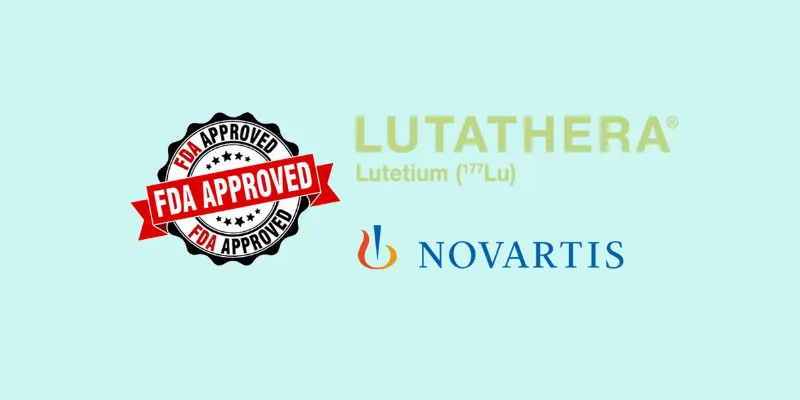
24 April 2024
The FDA has approved Novartis' radioligand therapy Lutathera® for pediatric patients with gastroenteropancreatic neuroendocrine tumors (GEP-NETs). This marks the first therapy specifically approved for children with these rare tumors.
Novartis announced that the US Food and Drug Administration (FDA) has approved Lutathera® (lutetium Lu 177 dotatate) for the treatment of gastroenteropancreatic neuroendocrine tumors (GEP-NETs) in children 12 years and older diagnosed with somatostatin receptor-positive (SSTR+). Based on the NETTER-P trial, Lutathera showed a safety profile consistent with that of adults and is part of Novartis's expanding focus on radioligand therapies for various cancers.
Dr. Theodore Laetsch, a key investigator in the NETTER-P trial and Director of the Developmental Therapeutics Program at the CHOP, noted, “While GEP-NETs in children and adolescents are rare, the impact can be devastating. Today's approval addresses a critical need for new treatment options for these vulnerable patients.”
GEP-NETs are considered a type of orphan disease and are typically slow-growing but can often be aggressive and difficult to treat if not detected early. These tumors are notorious for being diagnosed at advanced stages, which complicates treatment efforts. According to data, around 10% to 20% of pediatric cases are already metastatic at diagnosis.
"Lutathera is now the very first therapy approved specifically for children with GEP-NETs. Radioligand therapies have extraordinary potential to shape the future of cancer care. With this approval, we have taken another vital step toward fulfilling that vision, strengthening our commitment to researching and developing the RLT platform across multiple cancer types and treatment settings," said Tina Deignan, Therapeutic Area Head, Novartis Oncology US.
The Radioligand Therapy in Cancer Treatment
Radioligand therapy represents a frontier in cancer treatment, combining targeted radioactive isotopes with molecules that can specifically bind to tumor cells. This method allows for the direct delivery of radiation to the cancer cells, minimizing damage to surrounding healthy tissues. Lutathera works by targeting cells that express somatostatin receptors, which are prevalent in many GEP-NETs. Once bound to these receptors, the radiolabeled molecule delivers lethal radiation directly to the tumor cells.
Expanding the Horizons of Radioligand Therapy
With this latest FDA approval, Lutathera is now available for both adults and pediatric patients in the U.S., and it is also approved for specific uses in Europe and Japan. Beyond GEP-NETs, Novartis is actively expanding its RLT research to include other cancers such as prostate, breast, lung, colon, and pancreatic cancer.
The company's commitment to advancing RLT includes expanding its manufacturing capabilities with new facilities in the United States, Europe, and Asia to meet global demand.

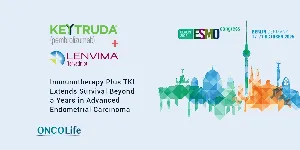
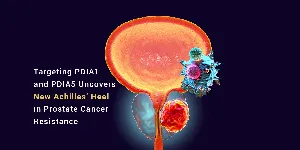
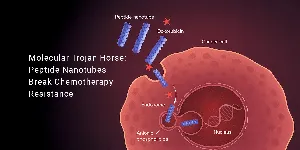
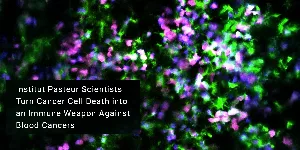

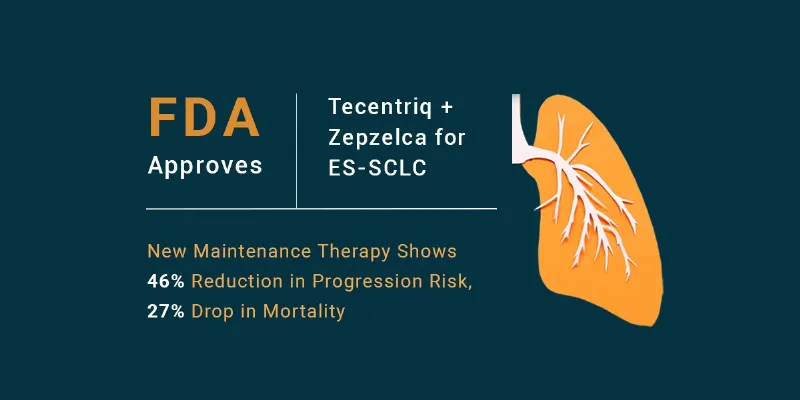
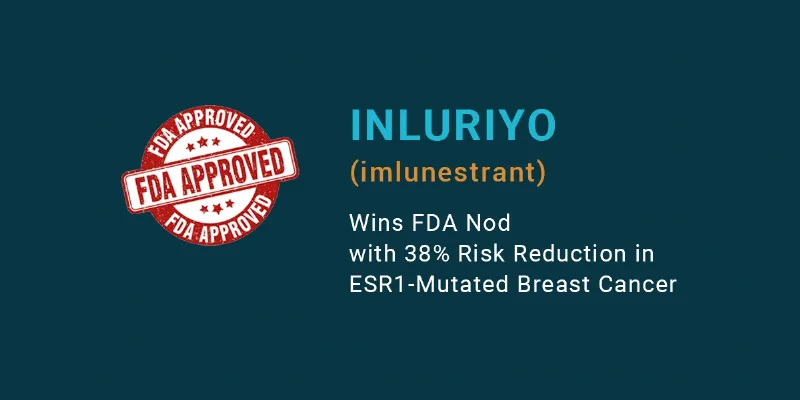
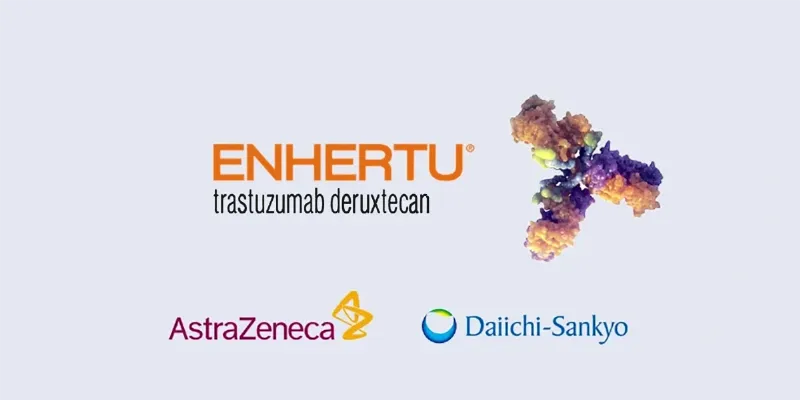

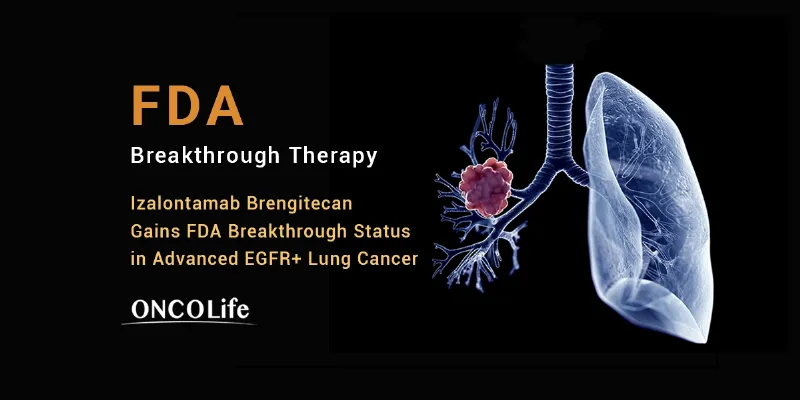
Comments
No Comments Yet!